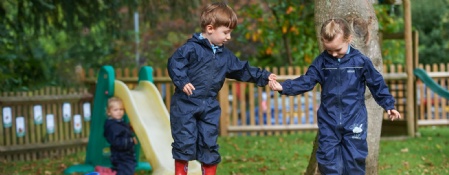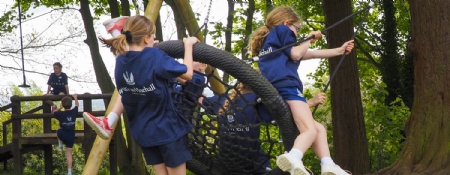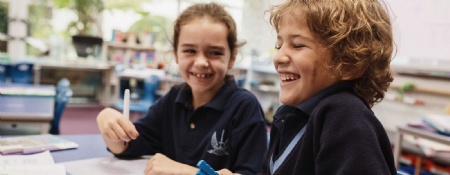Embracing the Heart of Learning: The Power of School Libraries
Amidst the daily bustle of activity, the hum of eager minds and the purposeful shuffle of young feet, lie sanctuaries of knowledge and inspiration – our school libraries. Beyond their quiet exterior, they stand as beacons of learning, havens where children embark on journeys of exploration, discovery, and growth. In an age dominated by screens and distractions, libraries offer a refuge from the constant clamour of technology, fostering an environment conducive to deep focus and reflection.
More than just repositories of books; they are gateways to new worlds, offering a rich tapestry of resources to fuel the fires of curiosity. From the crisp pages of classic literature to the boundless realms of digital databases, our children soon realise that our libraries open doors to endless possibilities, inviting them to delve deeper into subjects they are passionate about and often explore new horizons beyond a classroom's walls. Our senior library certainly serves as a learning hub within our community, where collaborative projects and study groups share dialogue and exchange enriching educational experiences together.
As we navigate the ever-changing landscape of education, we must not overlook the invaluable role of a school library. At Vinehall they are the beating heart of learning. In their embrace, our pupils find not only the tools to succeed academically but also the inspiration to soar far beyond the school environment.











